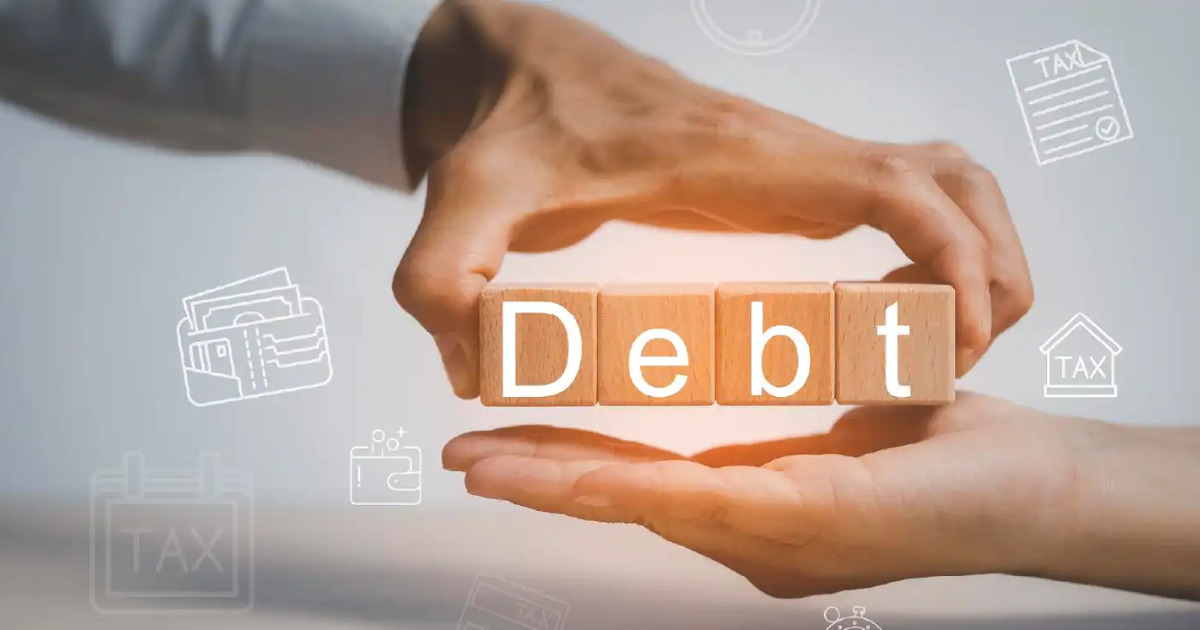Cryptocurrency has gone from a niche technology to a mainstream financial asset. With the rise of Bitcoin, Ethereum, and other digital currencies, it’s important to understand what crypto is, how it works, and what it means for investors and consumers alike.
What Is Cryptocurrency?

Cryptocurrency is a digital or virtual form of money that uses cryptography for security and is built on blockchain technology. Unlike traditional currencies, cryptocurrencies are decentralized and not controlled by any government or financial institution.
Key Features
- Decentralized: No single authority controls it
- Secure: Protected by encryption
- Transparent: Transactions are recorded publicly
- Immutable: Cannot be altered once confirmed
Common Types
- Bitcoin (BTC)
- Ethereum (ETH)
- Litecoin (LTC)
- Ripple (XRP)
- Stablecoins (USDT, USDC)
How Cryptocurrency Works
At the core of cryptocurrency is blockchain, a distributed ledger system. Transactions are grouped into blocks and added to a chain, creating a secure and transparent record.
Mining and Staking
- Mining (Proof of Work): Miners solve complex problems to verify transactions
- Staking (Proof of Stake): Users lock coins to support the network and earn rewards
The Rewards of Cryptocurrency
High Potential Returns
Early adopters have seen massive gains, though past performance doesn’t guarantee future results.
Accessibility and Inclusion
Anyone with internet access can participate, offering financial tools to the unbanked.
Transparency and Security
Blockchain records are open and resistant to tampering.
Innovation
Crypto supports new technologies like NFTs, DeFi, and smart contracts.
The Risks of Cryptocurrency

Market Volatility
Prices can swing dramatically in short periods.
Regulatory Uncertainty
Laws vary by country and can change quickly.
Cybersecurity Threats
Wallets and exchanges can be hacked or phished.
Scams and Frauds
Fake tokens, rug pulls, and Ponzi schemes are common.
What You Should Know Before Investing
Do Your Own Research
Don’t rely on hype—study the project, team, and community.
Secure Your Assets
Use reputable wallets and enable two-factor authentication.
Understand Legal and Tax Implications
Check your country’s crypto tax rules and stay compliant.
Diversify
Don’t put all your money into crypto—balance your portfolio.
Start Small
Invest only what you can afford to lose.
Real-World Applications
Payments and Transfers
Crypto allows low-cost, fast cross-border transactions.
Decentralized Finance (DeFi)
Borrow, lend, and earn interest without banks.
NFTs and Digital Ownership
Prove ownership of digital assets like art and music.
Smart Contracts
Automatically execute agreements without intermediaries.
The Future of Cryptocurrency

Institutional Adoption
Major companies and banks are entering the space.
Central Bank Digital Currencies (CBDCs)
Governments are creating their own digital currencies.
Regulatory Clarity
New laws could legitimize and stabilize the market.
Everyday Integration
Crypto payments, identity verification, and digital services are becoming more common.
Also Read : Debt Management: Practical Steps To Get Out And Stay Out
Conclusion
Cryptocurrency represents a significant shift in global finance. While it offers innovation and financial empowerment, it also carries notable risks. With the right knowledge, tools, and caution, individuals can participate in this evolving ecosystem wisely and securely.
FAQs
Is cryptocurrency legal?
Yes, in most countries, though regulations differ.
Is crypto taxed?
Yes. Profits from trading or using crypto may be taxable.
How do I store crypto safely?
Use hardware wallets and secure backup procedures.
Can I use crypto for shopping?
Yes. Some merchants accept Bitcoin and other coins.
What is a stable coin?
A digital currency pegged to a stable asset like the U.S. dollar.








